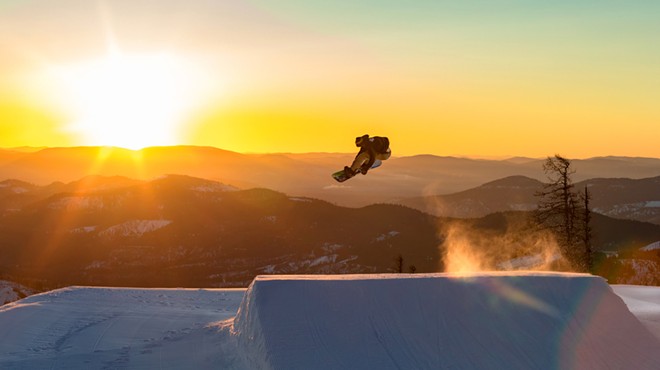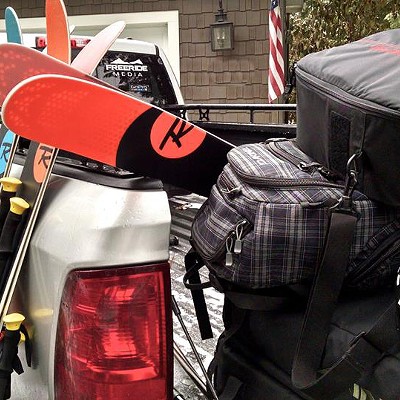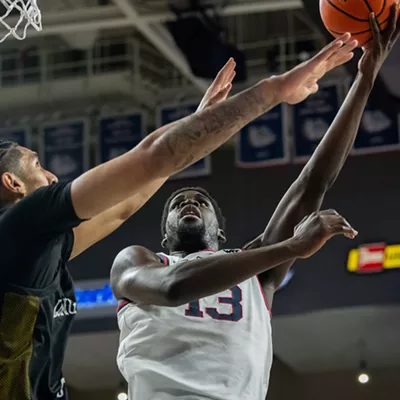It turns out a global pandemic can really harsh the buzz of snow season. That was especially true for folks who love to carve up snow on Canadian slopes. With borders closed during the 2020-21 ski season, hitting up resorts in British Columbia was an actual impossibility for those of us stranded stateside.
But thanks to the rollout of COVID-19 vaccines, Canada reopened its borders for U.S. visitors in August, making the dream of drifting on top of Canadian powder once again a reality this winter.
That said, we're still not living in a post-COVID reality, so there are steps travelers need to prepare for when heading to the mountains north of the border this year.
First and foremost, only fully vaccinated foreign nationals can enter Canada. No shots, no slopes. It's really that simple. (The lone exception being children under the age of 5.) Also, don't wait until the last minute to get the jab — you must have received your second Moderna or Pfizer shot (or sole Johnson and Johnson vax) 14 days prior to crossing the border.
Even though you're vaccinated, you also need to have proof of a negative COVID test taken within 72 hours before your arrival. It's very important to note that over-the-counter rapid antigen tests that you can self-administer at home do not qualify as negative COVID tests. You need to get a negative from a facility that administers the more accurate molecular tests (one typically done via nose swab or saliva).
But don't expect to show up at the border with your vax card and just waltz into B.C. Proof of vaccination must be uploaded via the Canadian government's ArriveCAN app or website (Canada.ca/ArriveCAN). Travelers must submit their travel plans, travel history, vaccination proof, testing results, a symptom self-assessment and quarantine plans in case you contract COVID. Without this info, you won't be considered fully vaccinated and won't even be let on your flight if traveling by air.
There is also a chance that you will be randomly selected by border crossing to complete a mandatory COVID test (though you will be able to continue on with your travel while results are processing and will not be charged for the test).
Things could always change between this piece's publication and your travel time, so make sure to check the Canadian government's official websites to keep current.
"With things changing regularly, we literally tell people to check the government website," emphasizes Peter Lonergan, sales and marketing director at Whitewater Ski Resort. Lonergan also emphasizes keeping physical proof of vaccination on hand, as WiFi and cell service can be spotty at certain remote ski resorts. He also reminds travelers to not hit the slopes without packing a mask or two, as Whitewater and other spots still require skiers and snowboarders to mask up while waiting in lift lines or entering certain indoor spots.
If returning to the States by land, you shouldn't need to take any extra steps. However, if you're flying back to the Inland Northwest, you will need to have proof of another COVID test taken within 72 hours prior to your re-entry flight. ♦
To learn more about documentation required, visit cbsa-asfc.gc.ca. For details on the hours of operation at the various border crossings, along with more resources for travelers, visit ezbordercrossing.com.



































